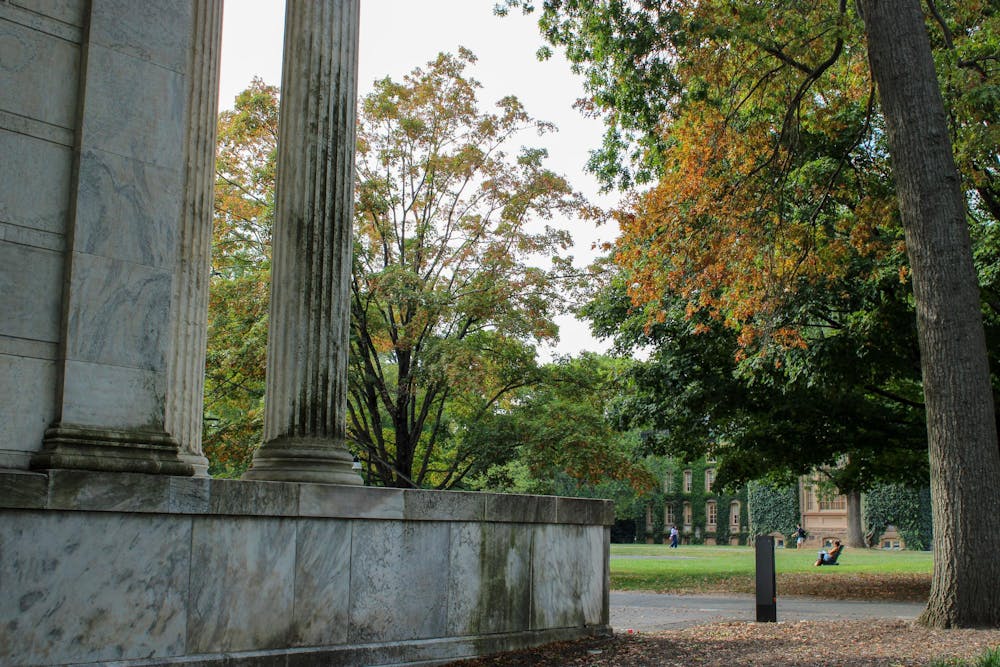The following is a guest contribution and reflects the author’s views alone. For information on how to submit a piece to the Opinion section, click here.
I share Shane McCauley’s sentiments in his op-ed about Justice Kentanji Brown Jackson’s talk — I also felt moments of discomfort and disconnect during the event. The nervous laughter from the audience and her obvious detours around Professor Deborah Pearlstein’s probing questions about the expanding role of the emergency docket and recent public statements, contribute, as McCauley sharply points out, to what he identifies as “uncertainty about how to cope” with the political environment in the American psyche.
Why do we go to see people like Kentaji Brown Jackson, McCauley asks, if it isn’t a meaningful way to engage with this political moment? My answer: Transformative progress is achieved not through rhetorical gestures but through the slow, cumulative discipline of work.
In a world rife with convenient distractions, both online and offline, Jackson’s life and message reminds us that true progress demands sustained focus and resilience. Jackson’s life and career writ large demonstrate the profound impact of sustained and purposeful intellectual and professional work in overcoming systemic obstacles.
Jackson’s emphasis on hard work that might not come with immediate gratification complicates the temptation on college campuses to equate political performance with political progress. Her point on “not flunking out” (as she humbly put it) while involved in a protest at Harvard is a sharp reminder that protests and statements hold a genuine risk of becoming self-defeating distractions.
It is not just about reacting to political crises or seeking immediate catharsis but about dedicating ourselves to the hard, often unseen labor that reshapes society’s institutions and moral fabric.
In a speech given at the University of Georgia Law school in 2017, Jackson made that same point when she said that her family mantra was to “do what you need to do before what you want to do.” While we may demand comforting reassurance from speakers like Jackson, what she offered was actually more bracing: Genuine change is not built in moments of spectacle and performance, but the long, unglamorous process of work.
Thus, in addition to the dose of frankness and honesty for those “concern[ed] about the arc of U.S. politics” that McCauley calls for, I believe we should also find in her message a model for coping itself, grounded in the discipline of work.

Jia Cheng ‘Anthony’ Shen ’28 is a Chemical and Biological Engineering major from Tainan, Taiwan and Singapore. He may be reached at anthony.shen[at]princeton.edu.
Please send any corrections to corrections[at]dailyprincetonian.com.









